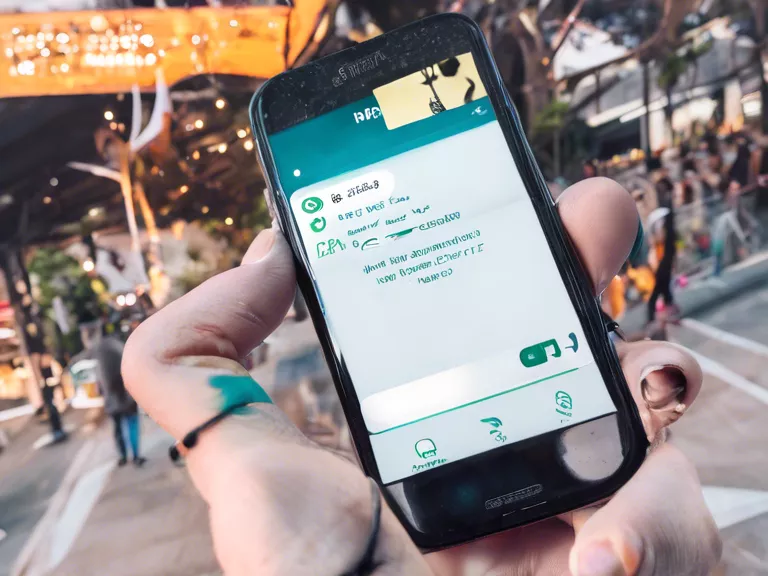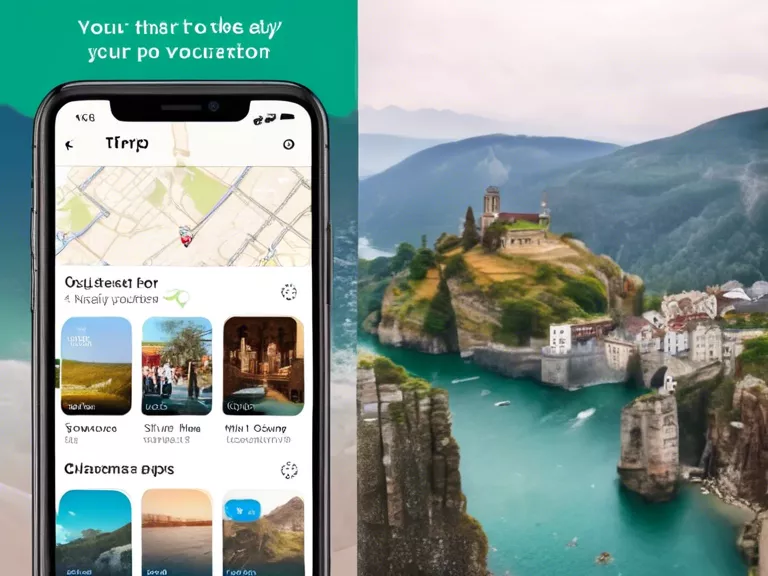
In today's world, staying connected while traveling abroad is essential. Whether you need to stay in touch with loved ones or work remotely, having access to the internet is crucial. Mobile hotspots and SIM card options are two popular choices for travelers looking to stay connected. In this article, we will discuss how these options work and the advantages of each.
One popular option for staying connected abroad is using a mobile hotspot. A mobile hotspot is a device that allows you to connect multiple devices to the internet using a cellular network. You can purchase or rent a mobile hotspot before your trip and simply insert a local SIM card when you arrive at your destination. This option gives you the flexibility to connect all your devices, including laptops and tablets, to the internet wherever you go.
Another option for staying connected abroad is to purchase a local SIM card. A SIM card is a small, removable card that contains your phone number and allows you to access a cellular network. By purchasing a local SIM card, you can avoid expensive international roaming charges and enjoy local rates for calls, texts, and data. Simply insert the SIM card into your unlocked phone and top up with credit as needed.
Both mobile hotspots and SIM cards have their advantages. Mobile hotspots are great for travelers who need to connect multiple devices or require a fast and reliable internet connection. On the other hand, local SIM cards are ideal for those looking to save money on data and make local calls. Ultimately, the choice between a mobile hotspot and a SIM card will depend on your specific needs and budget.
In conclusion, staying connected abroad is easy with mobile hotspots and SIM card options. By choosing the option that best suits your needs, you can stay connected while traveling without breaking the bank. Whether you prefer the convenience of a mobile hotspot or the cost-effectiveness of a local SIM card, staying connected overseas has never been easier.



